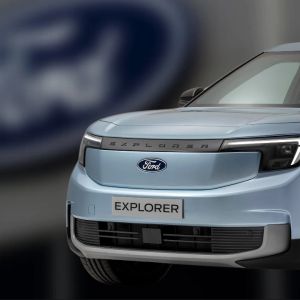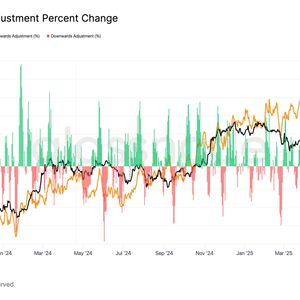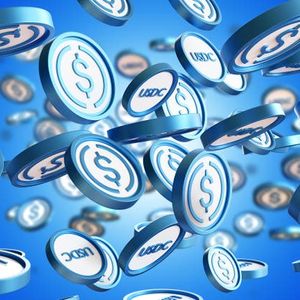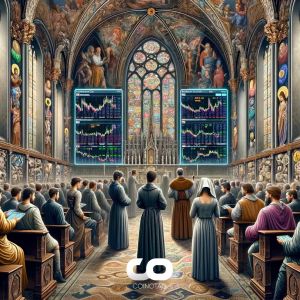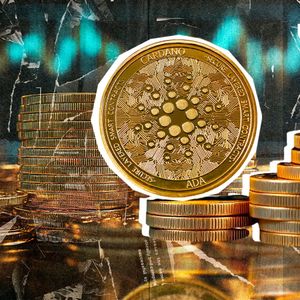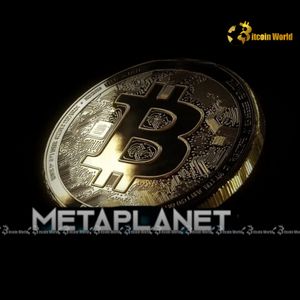Ford’s plans to build a joint battery plant with Chinese battery maker CATL in Michigan are at risk, and the company has warned that the approximately 2,000 jobs it was supposed to create may never materialize if Republicans in Congress reduce tax credits as part of President Donald Trump’s proposed economic package. The $3 billion facility, set to produce 20 gigawatt-hours of lithium iron phosphate (LFP) batteries and employ 1,700 workers from 2026, is under construction and has faced political scrutiny since 2023 due to Ford’s licensing of battery technology from China’s Contemporary Amperex Technology Co. Ltd. (CATL), the world’s largest battery manufacturer. A close-up of a car charging at a Ford charging station. Source: Andrew Miller (Via Unsplash) Threats to subsidies leave Ford’s joint battery plant plans on shaky ground Low-cost, mass-market electric vehicles , lithium-iron-phosphate (LFP) batteries are highly sought after as they don’t require pricey materials like nickel and cobalt, offer reasonable energy density, better thermal stability, and last far longer. Unfortunately, EV sales have been growing at a slower pace than once estimated, forcing Ford to scale back the size of the BlueOval Battery Park in Marshall, Michigan, reducing the investment to around $2.2 billion and the number of jobs from 2,500 to 1,700. It was also initially promised around $1 billion in incentives for the plant, but that amount was later reduced by half. Naturally, because of the plant’s connection to CATL, which has alleged ties to the Chinese Communist Party, it continues to draw political side eyes. And now Trump’s “big beautiful bill” could be on the verge of slashing the manufacturing credits, which would have helped Ford build the plant. The executive chairman of the automaker, Bill Ford, sounded the alarm over the potential demise of the manufacturing credits. “We have built the business case on Marshall around that,” the chairman told reporters after a panel discussion at the Mackinac Policy Conference. “My point is politicians can agree or disagree whether those kind of things are desirable, and that’s fine. But don’t change the rules once you’ve already made the investment, because that to me is just a question of fairness, and that’s unfair.” Bill Ford is unsure whether the tax credits for the Marshall plant will ultimately be protected, but he knows that if it goes away, it puts the plant and the jobs in Michigan in peril. Aside from the jobs at risk, the LFP batteries to be manufactured at the plant are crucial to bringing the price of EVs down to gas-car levels, as high purchase price remains the biggest barrier to mainstream EV adoption. Should Ford’s Michigan battery plant collapse, it would make it harder for LFPs to be created in America, which is ultimately what lawmakers want. Another battery maker just halted progress on US plants Chinese-owned battery manufacturer Automotive Energy Supply Corp. (AESC) also had big battery manufacturing plans in the United States and was building several plants to supply EV batteries. It has now put construction on hold at a second location after halting work on one facility last year. AESC was reportedly about to invest $3.6 billion to build the two plants in Kentucky and South Carolina, but then import tariffs were introduced last year, meaning importing the machinery necessary for its factories became much more expensive—machinery imported from China is subject to a 145% tariff. The company also reportedly rushed construction and then had to implement expensive changes, which set it back even further. The company currently has one U.S. battery plant online, in Tennessee. But instead of producing EV battery packs, it was repurposed to make industrial energy solutions instead. Some suspect this came as a direct response to the cooling EV demand in the U.S. and policy changes that specifically targeted EVs. The proposed rollback of some emissions standards and goals will further disincentivize the creation of new manufacturing for the EV supply chain. Cryptopolitan Academy: Tired of market swings? Learn how DeFi can help you build steady passive income. Register Now



